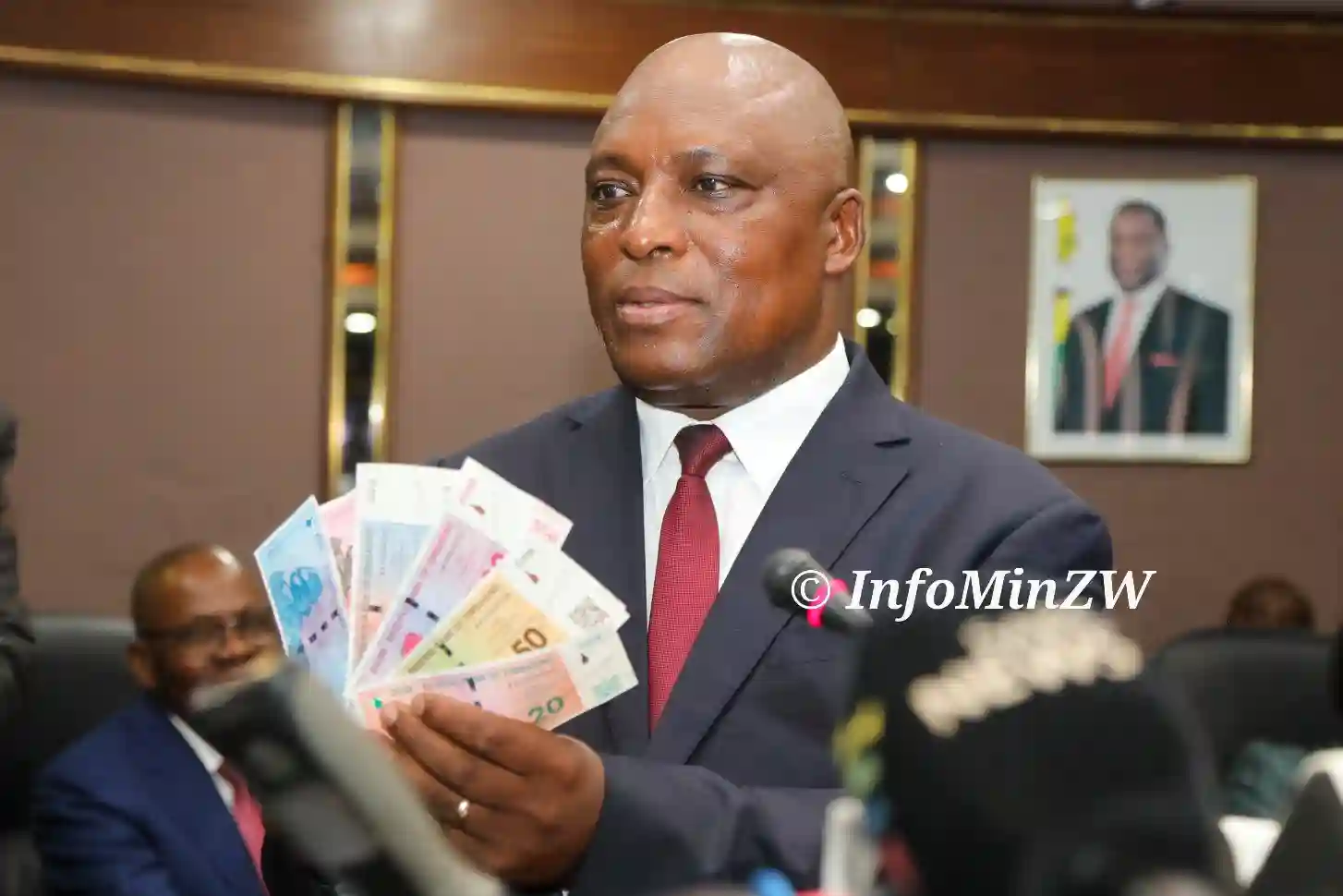Reserve Bank of Zimbabwe (RBZ) Governor John Mushayavanhu said that the rise in prices at formal retail shops is expected to moderate in response to the recent monetary policy measures aimed at halting the depreciation of the local currency, ZiG.
Speaking to The Sunday Mail, Mushayavanhu claimed that the foreign exchange market has largely stabilised over the past two weeks, with the parallel market exchange rate showing signs of improvement following the bank’s intervention.
The RBZ recently devalued the official exchange rate to ZiG24: USUS$1, down from approximately ZiG14:US$1, in response to the depreciation of the ZiG on the parallel market. Said Mushayavanhu:
In line with the stability observed in the exchange rate, the increase in the prices of goods has significantly moderated.
It seems most retailers had priced using higher exchange rates, expecting the currency to continue depreciating on the parallel market.
As such, the Reserve Bank expects prices of most goods to also decline in the forthcoming weeks as the exchange rate remains stable.
The central bank injected US$110 million into the market between July and September to alleviate foreign currency backlogs. Said the central bank Governor:
In addition to the previous interventions announced before, the Reserve Bank injected an additional US$50 million soon after the recent monetary policy measures.
In terms of supply of foreign currency from other generators of foreign currency, the Reserve Bank expects improvements in the near term.
It should be noted that, unlike prices, the supply of goods and services, including foreign currency, responds with a lag.
Mushayavanhu expects prices to start declining in the coming weeks as the exchange rate remains stable.
He said that many retailers had initially set prices based on higher exchange rates, anticipating further depreciation.
Although the prices of regulated goods like electricity tariffs have increased, the RBZ anticipates that the parallel market rate will appreciate soon due to strong foreign currency inflows, which rose by 13.4% in the first eight months of 2024 compared to the previous year.
Mushayavanhu said the Financial Intelligence Unit (FIU) is monitoring and penalising businesses that refuse to transact in ZiG or those using parallel market exchange rates.
He added that compliance levels in the formal sector have significantly improved, but efforts continue to improve compliance within the informal sector.
Meanwhile, since the recent induced devaluation of the ZiG from 14.1 to 24.3 per US$1 by the central bank, the currency has continued to lose value in the formal market, trading at an average rate of 25.8 on Tuesday, October 8.
More: Pindula News

